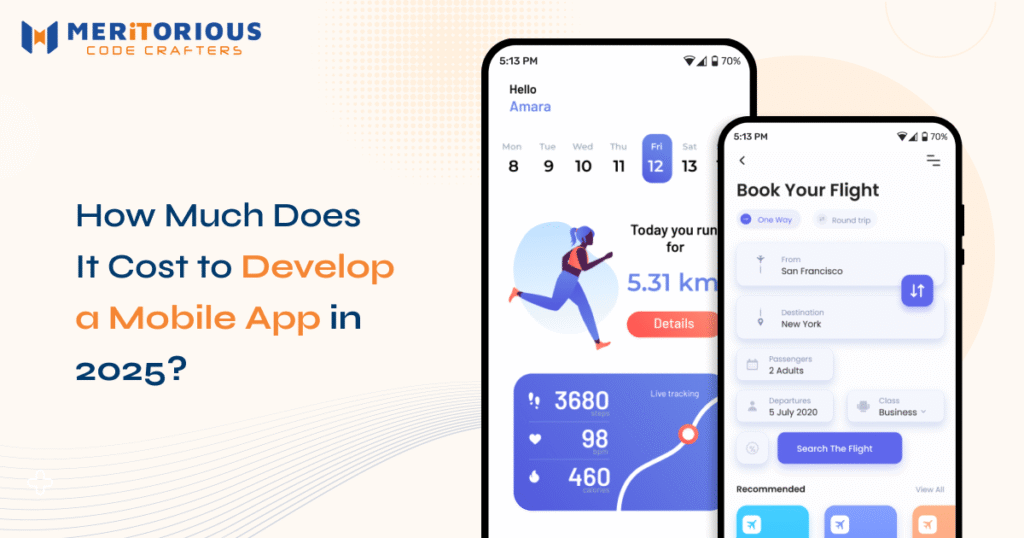impact of 5g on small businesses
5G technology is set to revolutionize the business landscape. Its impact on small businesses could be profound. Faster internet speeds and lower latency are just the beginning.
Small businesses stand to gain from improved connectivity. This can enhance communication and collaboration. It also opens doors to advanced technologies like IoT and AI.
The potential for new services and improved customer experiences is immense. 5G can facilitate remote work with reliable, fast internet. This is crucial in today’s digital age.
However, the transition to 5G requires preparation. Businesses need to upgrade infrastructure and invest in compatible devices. Staying informed about 5G developments is key.
Understanding the impact of 5G on small businesses is essential. It offers opportunities for growth and innovation. Embracing this technology can provide a competitive edge.
What is 5G and Why Does it Matter for Small Businesses?
5G stands for the fifth generation of mobile networks. It’s known for incredible speed and minimal delay. This leap in technology presents opportunities for small businesses.
Small businesses can greatly benefit from the advantages of 5G. Here’s why it matters:
- Faster Data Transfers: Boosts efficiency and productivity.
- Improved Connectivity: Enhances communication and collaboration.
- Supports Advanced Technologies: Facilitates AI, IoT, and more.
Enhanced connectivity allows better use of advanced tools. This is crucial for adapting to modern business needs. Small businesses can streamline operations and innovate.
Staying competitive means embracing new technology. 5G equips businesses to serve customers more effectively. It’s a stepping stone towards future growth and success.
Key Benefits: How 5G Will Transform Small Business Operations
The arrival of 5G brings numerous benefits to small businesses. Improved speed and connectivity enhance efficiency and productivity. This revolutionizes how businesses operate and deliver services.
With 5G, small businesses can access powerful digital tools. These tools improve customer engagement and streamline internal processes. Faster internet opens new opportunities to innovate and grow.
5G will enable businesses to adopt cutting-edge technology. Integrating AI and IoT will be smoother than before. This enhances decision-making through real-time data analytics.
Consider these key benefits:
- Higher Efficiency: Reduces operational delays and costs.
- Enhanced Customer Experience: Provides personalized and interactive services.
- Better Remote Work Support: Offers reliable connections for seamless operations.
The potential for new business models is vast. Enhanced connectivity allows businesses to explore untouched markets. Thus, the geographic barriers shrink, opening global possibilities.
Adoption of 5G prepares businesses for future challenges. It ensures competitiveness in a fast-changing world. Small businesses that harness 5G can redefine their industry role, offering advanced services and experiences.
Real-World Applications: How Can 5G Help Businesses?
5G technology offers practical applications that can significantly impact small businesses. This transformation goes beyond fast internet speed. It means adopting innovative solutions to stay competitive.
In retail, 5G enhances smart checkout systems. Customers can enjoy quick, hassle-free payment processes. Furthermore, the technology supports augmented reality (AR) experiences. This allows customers to virtually try products before buying.
In the field of logistics, 5G improves supply chain management. Businesses benefit from real-time tracking and data sharing. This leads to more efficient deliveries and fewer errors. It also supports better inventory management.
Consider these applications:
- Smart Retail: Enhances customer shopping experiences through AR and VR.
- Efficient Logistics: Provides real-time tracking of goods.
- Advanced Healthcare: Enables telemedicine and remote patient monitoring.
Remote work becomes more viable with 5G, providing a boost in productivity. Video conferencing experiences improve, making virtual meetings seamless. This fosters collaboration and eliminates physical barriers. As 5G adoption grows, businesses must explore these applications to stay ahead. Embracing 5G not only modernizes operations but also delivers sustainable growth.
Challenges and Considerations: Will 5G Affect Business Negatively?
While 5G offers many benefits, it presents challenges too. High costs are a significant concern for small businesses. Upgrading infrastructure and investing in new devices can be expensive. These financial burdens may deter some businesses from adopting 5G technology quickly.
Another potential issue is cybersecurity. With increased connectivity, businesses face higher risks of cyber attacks. More devices being online means more opportunities for breaches. Businesses must invest in robust security measures to protect their data.
There are also potential operational disruptions. The transition period might involve technical difficulties. Small businesses may encounter service interruptions, affecting customer satisfaction and daily operations. To manage these challenges, businesses should:
- Assess the total cost of 5G implementation.
- Strengthen their cybersecurity defenses.
- Plan for potential disruptions during the transition phase.
Businesses need to weigh these considerations carefully. Proper planning and risk management can mitigate potential drawbacks. Embracing 5G, while being aware of the challenges, is key to successful adoption.
How Businesses Should Prepare for 5G
Preparing for 5G requires strategic planning and foresight. Small businesses should first evaluate their current technology infrastructure. Identifying areas for upgrade can ensure smooth integration when 5G is implemented. This step is crucial to support new capabilities and enhance operations.
Next, businesses should invest in employee training. Educating staff on 5G technology and its benefits will maximize its potential. Employees can better identify how 5G can optimize their roles. Training programs can facilitate a smooth transition and unlock innovative solutions.
Collaboration with technology providers is another essential move. These partnerships can offer valuable insights into emerging trends and solutions. By leveraging their expertise, businesses can stay ahead of the competition.
Lastly, businesses should focus on improving cybersecurity measures. With 5G, the number of connected devices will increase. Implementing robust security protocols is vital to prevent breaches. Small businesses must stay proactive in protecting their data and networks.
By taking these steps, businesses can seamlessly integrate 5G. They will be well-positioned to leverage this transformative technology, ensuring sustained growth and innovation.
- Evaluate existing technology infrastructure.
- Invest in employee training about 5G.
- Collaborate with technology providers.
- Enhance cybersecurity measures.
Future Outlook: How Will 5G Impact Business Growth and Innovation?
The arrival of 5G is set to fuel significant growth and innovation. Businesses will benefit from faster data speeds and reliable connections. This technology opens doors to new opportunities and markets.
Emerging technologies like IoT and AI will thrive with 5G. Small businesses can offer smart products and services, gaining a competitive edge. Enhanced capabilities will drive the creation of innovative solutions.
5G will also enable improved customer experiences through real-time interaction. Businesses can tailor their offerings to meet specific needs, enhancing customer satisfaction. As a result, sales and brand loyalty are likely to increase.
- Boost in business growth
- Integration with emerging technologies
- Enhanced customer experience
By embracing 5G, small businesses can ensure long-term success. They will be better positioned to capitalize on future trends and innovations.
Conclusion: Embracing the 5G Revolution 2025
Embracing 5G is essential for small businesses looking to innovate and grow. This technology promises to transform operations and open new avenues. By preparing now, businesses can capitalize on the full potential of 5G.
Staying informed about advancements and investing in necessary upgrades is key. Small businesses will thrive by adopting 5G-friendly strategies and technologies. The future is bright for those ready to seize the 5G revolution.






